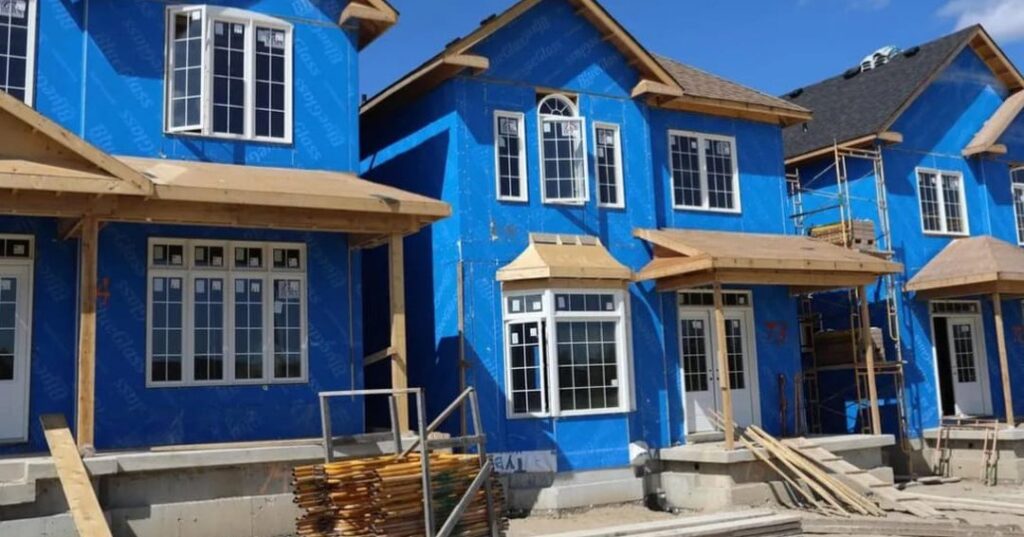Paperwork requirements for pre-construction homes
Paperwork requirement for pre-construction homes It takes a significant amount of trust and dedication to purchase a house or condo before construction has even begun. If you’re buying something online without seeing it in person first, you’re putting your faith in the builder to deliver exactly what you ordered. There will, of course, be much paperwork involved with a deal of this size. Even if you haven’t broken ground on your new house or condo yet, it’s still in your best interest to familiarise yourself with these contracts so you can make an educated purchase and safeguard your investment. Your purchase agreement is the most crucial document because it is a legally binding contract between you and the builder. You may feel intimidated by this lengthy document full of legalese if this is your first time purchasing a home. However, there are three essentials you should look for and make sure you fully grasp. Addendum Pre-construction homeowners and condo buyers frequently have worries regarding the completion date of their property and the consequences of any delays in construction. As such, an annex is necessary. Your closing or occupancy date and the maximum amount of time your builder can delay it for are specified in this agreement. With sufficient written notification, your builder is within their rights to push out the closing date for your property based on the sort of closure date agreed upon in the Addendum. Check out Tarion.com for further details on possible compensation and notification periods in the event of delays. You can find out how your deposit will be handled in the event of a purchase agreement termination and what those conditions are in the addendum. Specifications Sheet for Warranties You must be aware of the specifics of your new home warranty in order to safeguard your investment. Newly constructed homes are required, as of February 1, 2021, to include a warranty information page with each sales contract. This sheet is specific to the home being sold, making it easy to understand and read, and informing buyers of the vital coverage to which they are entitled. It briefs buyers on the fundamentals of warranty protection (such as deposit protection and reimbursement for closing or occupancy delays), stresses the significance of the pre-delivery inspection, and points them in the direction of further resources for learning more. Details about Condominiums Brochure An information sheet outlining the pros and cons of purchasing a condominium must be included in any purchase agreement for a condominium unit. For instance, it details early termination circumstances that would allow a builder to cancel a project and the possibility that pre-construction condominium developments may never be finished. Buyers should be informed of the following: The status of the project (e.g., zoning permission, date of commencement of building); Any restrictions on the builder’s land title that may prohibit the project from going forward; A buyer’s right to terminate a sales agreement within 10 days; and, The estimated date when a buyer can take occupancy of their condominium. There’s no denying that there’s a lot of paperwork involved in buying a new-construction house or apartment. However, it is essential that you are an educated purchaser; a competent real estate attorney can walk you through the paperwork and provide you much more assurance and peace of mind.
Paperwork requirements for pre-construction homes Read More »





